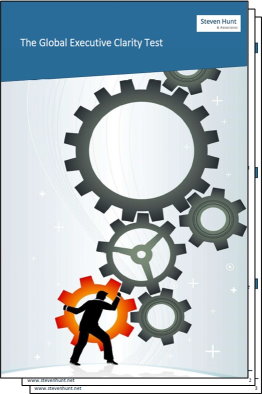As a global executive, at some point in your career you reach a fork in the road. The first route is to think only you have all of the answers and must make the decisions. The second route is the wisdom to accept your local managers know the local business better than you.
Route one demands delusion. Route two – the better option – demands vulnerability.
When you give up the delusion that you can control everything, it’s a fantastic moment. It ends the fantasy of you as the sole decision-maker.
Route two puts you into the fast lane, because you trust other executives and managers to step up and respond.
The big winner is your company.
Here’s how it works.
Start asking questions
Roland is a Sales Director in South Africa. He runs the country as the king of his own little fiefdom. He’s slow to share information with other global managers because he sees extra work and no personal benefit. You see that sales are healthy, but you have no idea how strong they could be. Roland keeps those details to himself.
In this situation, telling “King” Roland to share will backfire. He’ll just find another way of hiding the information. Telling him to comply is the comfortable option. You tick the box to say you’ve raised the problem with Roland. Both of you take the easy way out. That’s a dangerous and an unhealthy decision for the company.
Much better to get into a direct dialog with Roland. Share your lack of local market knowledge. Outline the consequences – for him, you, and the business – of him keeping everyone in the dark. Then ask intelligent questions to co-create a solution.
True executive wisdom in global companies comes from asking the right questions not avoiding them.
Intelligent questions build trust
It’s important to realise that asking questions has nothing to do with weakness or incompetence. Questions have everything to do with showing your vulnerability. It puts you and Roland into an unknown space and a potentially uncomfortable discussion.
This has a paradoxical effect. It actually shows Roland (and other managers) that you are open, are setting a direction, and are determined. From their perspective, that looks amazingly confident. And people like to follow real confidence. Your tactic builds trust, dialogs, and breakthrough results.
In short, the foundation of a long-term, high-performance culture and executive success is having the wisdom to be vulnerable, then choosing to trust local managers by asking the intelligent questions.

















